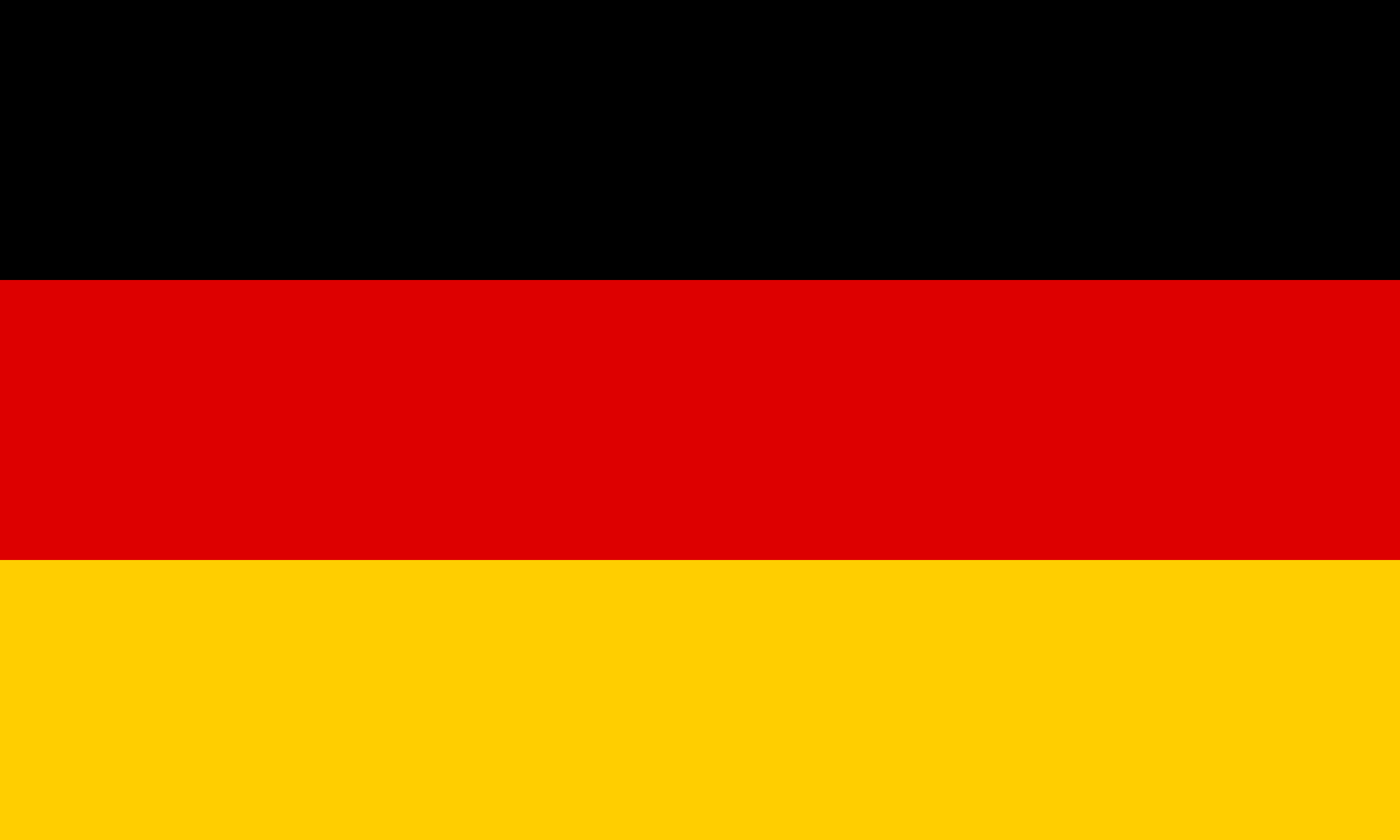The Wolfgang Stegmüller Award
The Society for Analytic Philosophy awards a scientific prize for the promotion of young researchers – the Wolfgang-Stegmüller Prize. This award, donated by Margret Stegmüller, is endowed with €12,000. It is presented every three years at the GAP Congress for outstanding contributions to analytic philosophy. As a rule, three works are awarded.
Works of any length (in German or English) are considered, published or unpublished. The author must be no older than 40 years at the time of nomination, must not hold a permanent academic position, and needs to have earned an academic degree at a university that has German as one of its official academic languages or be employed at such a university at the time of the nomination or application. Nominations are to be sent to the GAP with a justification of max. 1000 words and a curriculum vitae of the candidate. Self-applications are excluded. The manuscripts are submitted electronically (as a pdf). The candidate attaches a synopsis (3 to 4 pages). The deadline for submissions is January 31 of the year in which the GAP Congress is held.
At the Twelth International Congress 2025 in Düsseldorf, the following works were awarded:
- Sara Ayhan (RUB): Meaning and identity of proofs in (bilateralist) proof-theoretic semantics
- Daniele Bruno (HU Berlin): Because You Promised
- Sanja Dembić (HU Berlin): Philosophy of Mental Disorder
Previously awarded works
- Mario Günther: Learning Conditional Information by Jeffrey Imaging on Stalnaker Conditionals
- Gregor Michael Hörzer (Osnabrück): Understanding Physicalism
- Annina Loets: Identity and Identities. The Metaphysics and Semantics of ›Qua‹
- Thomas Pölzler: Moral Reality and the Empirical Sciences
- Romy Jaster: Agents’ Abilities
- Benjamin Kiesewetter: The Normativity of Rationality
- Tom Sterkenburg: Universal Prediction
- Vuko Andrić: The Act-Consequentialist Criterion of Rightness
- Katharina Felka: Talking about Numbers: Easy Arguments for Mathematical Realism
- Susanne Mantel: Acting for a Normative Reason: A Competence Account
- Barbara Vetter: Potentiality
- Miguel Hoeltje: Wahrheit, Bedeutung und Form. Eine Auseinandersetzung mit dem Davidson’schen Programm
- Stephan Krämer: Second-Order Quantification and Ontological Commitment
- Moritz Schulz: Counterfactuals and Probability
- Tim Henning: Person sein und Geschichten erzählen. Eine Studie über personale Autonomie und narrative Gründe
- Erasmus Mayr: Understanding Human Agency
- Thomas Sattig: The Language and Reality of Time
- Oliver Hallich: Die Rationalität der Moral: Eine sprachanalytische Grundlegung der Ethik
- Franz Huber: Assessing Theories, Bayes Style
- Nico Strobach: Alternativen in der Raumzeit: Eine Studie zur philosophischen Anwendung multimodaler Aussagenlogiken
- Gerhard Ernst: Das Problem des Wissens
- Volker Halbach: Semantics and Deflationism
- Manfred Harth: Anführung. Ein nicht-sprachliches Mittel der Sprache
- Ulla Wessels: Die gute Samariterin. Zur Struktur der Supererogation
- Thomas Hofweber: Ontology and Objectivity
- Christian Nimtz: Wörter, Dinge, Stellvertreter
- Christine Redecker: Ludwig Wittgenstein, Bemerkungen über die Grundlagen der Mathematik II, §§ 1–22 – Eine kritische Interpretation
- Stefan Wölfl: Kombinierte Zeit- und Modallogik: Vollständigkeitsresultate für prädikatenlogische Sprachen
- Christoph Fehige: A Pareto Principle for Possible People
- Karl-Georg Niebergall: Zur Metamathematik nichtaxiomatisierbarer Theorien
- Daniel Schoch: Topologische Axiomatisierung methodologischer Konzepte der Theorienentwicklung
- Bernd Buldt: Die Sätze von Gödel
- André Chapuis: Alternative Revision Theories of Truth
- Angelika Krebs: Ethics of Nature
- Martine Nida-Rümelin: Farben und Phänomenales Wissen
